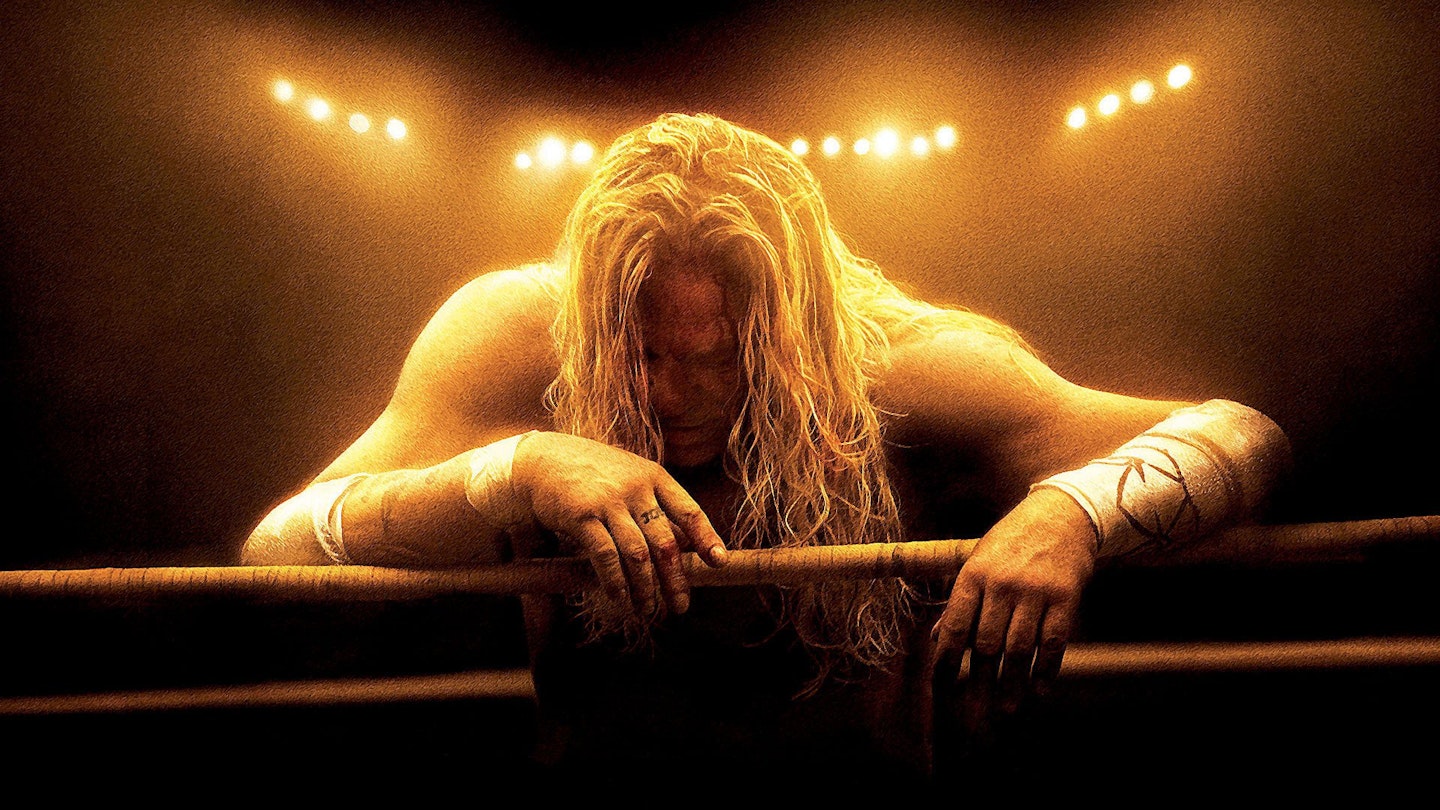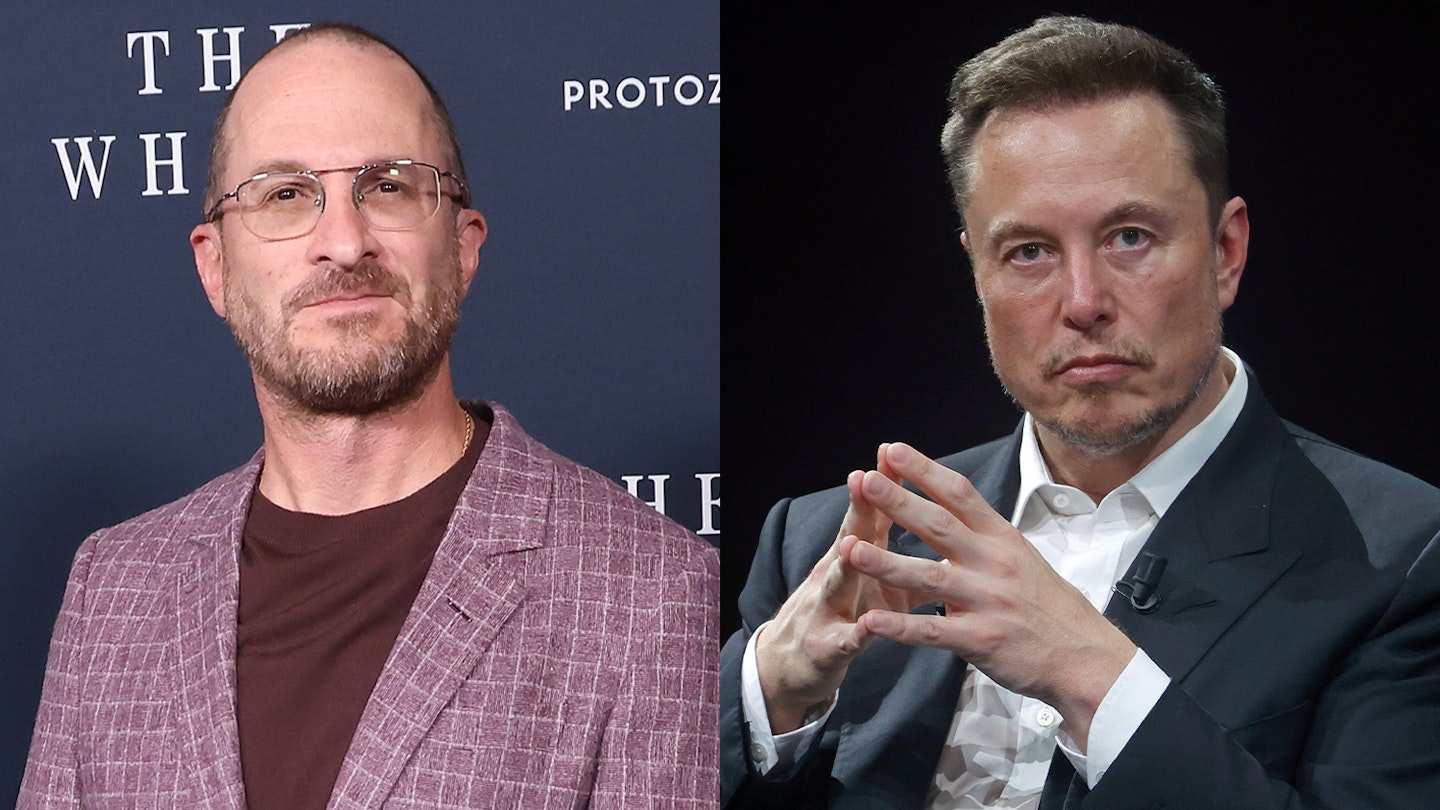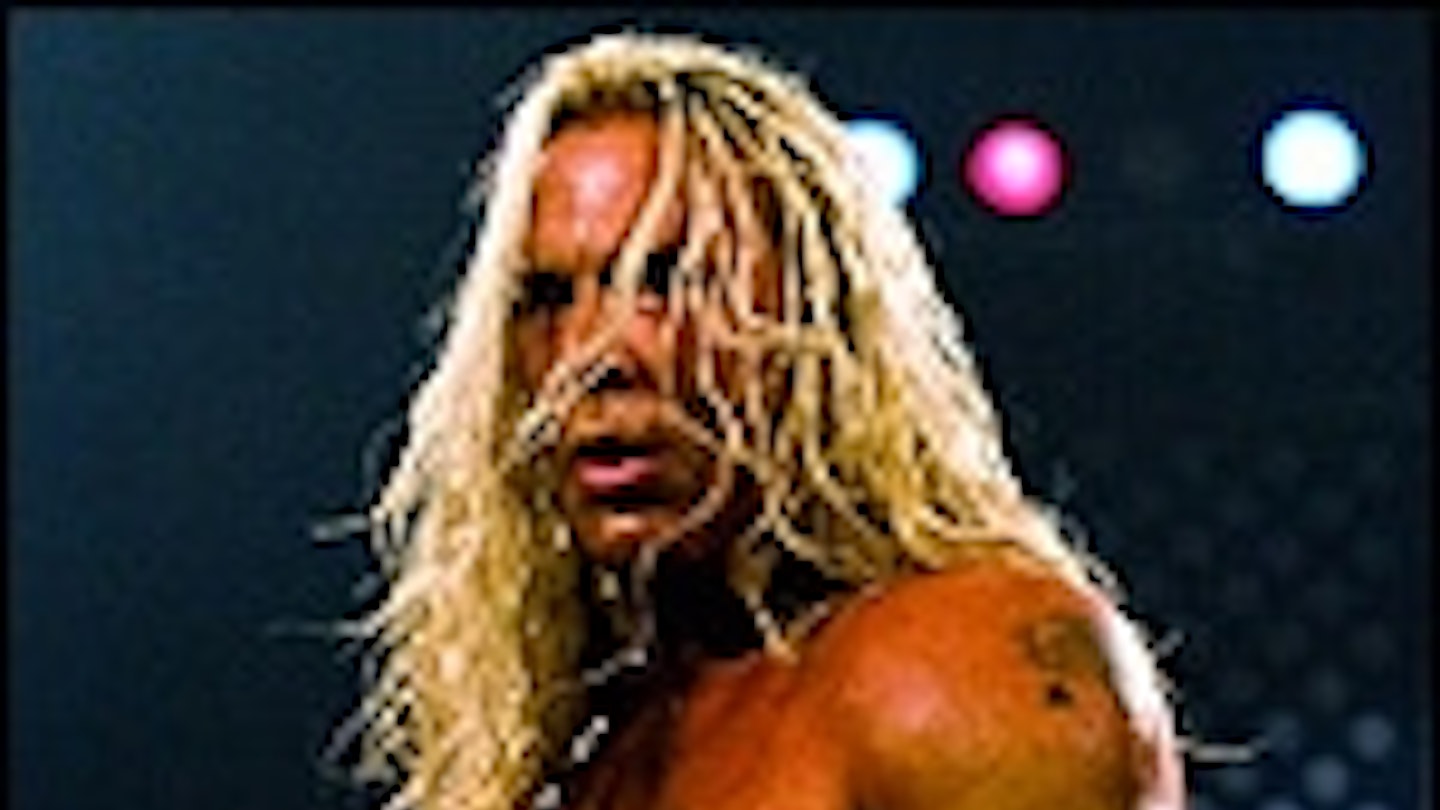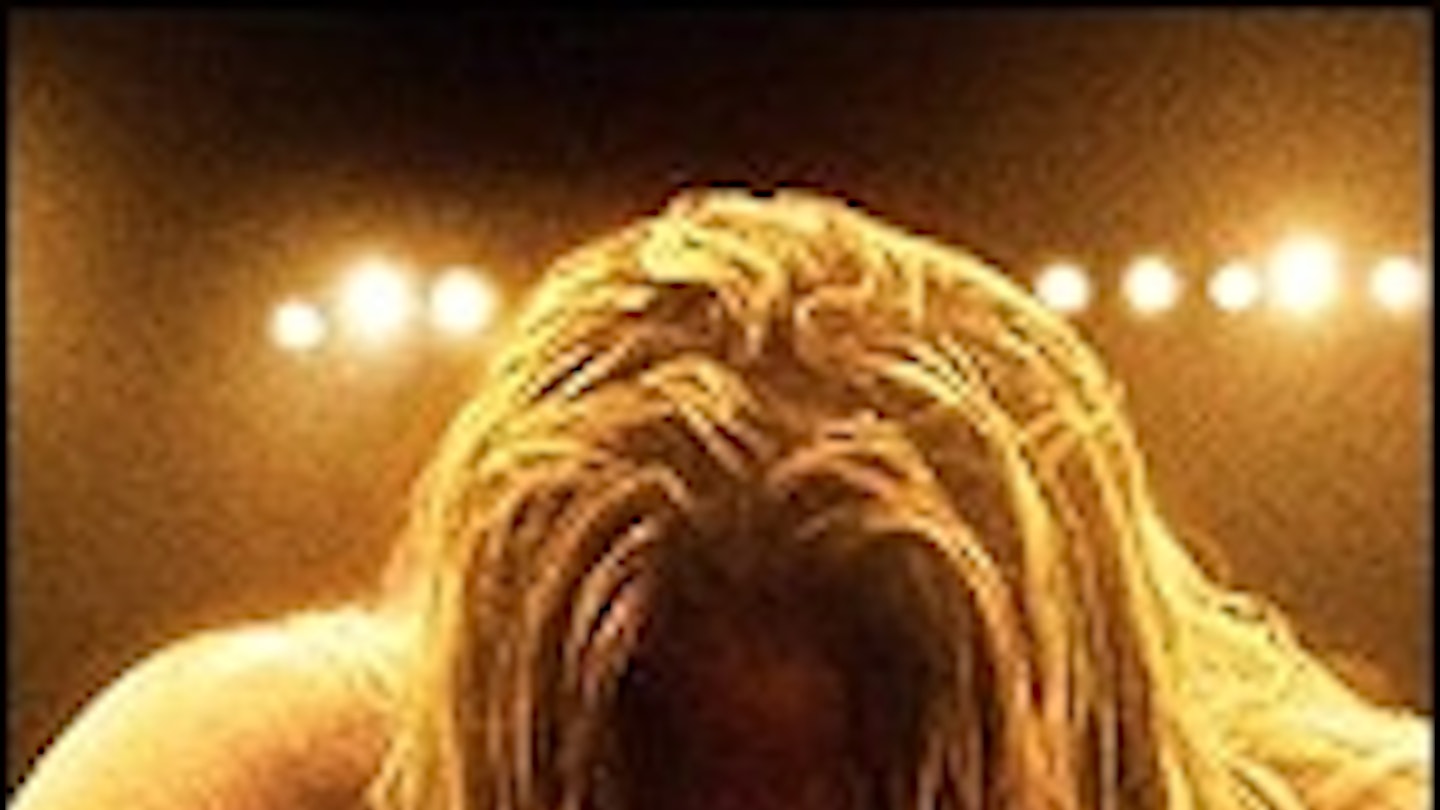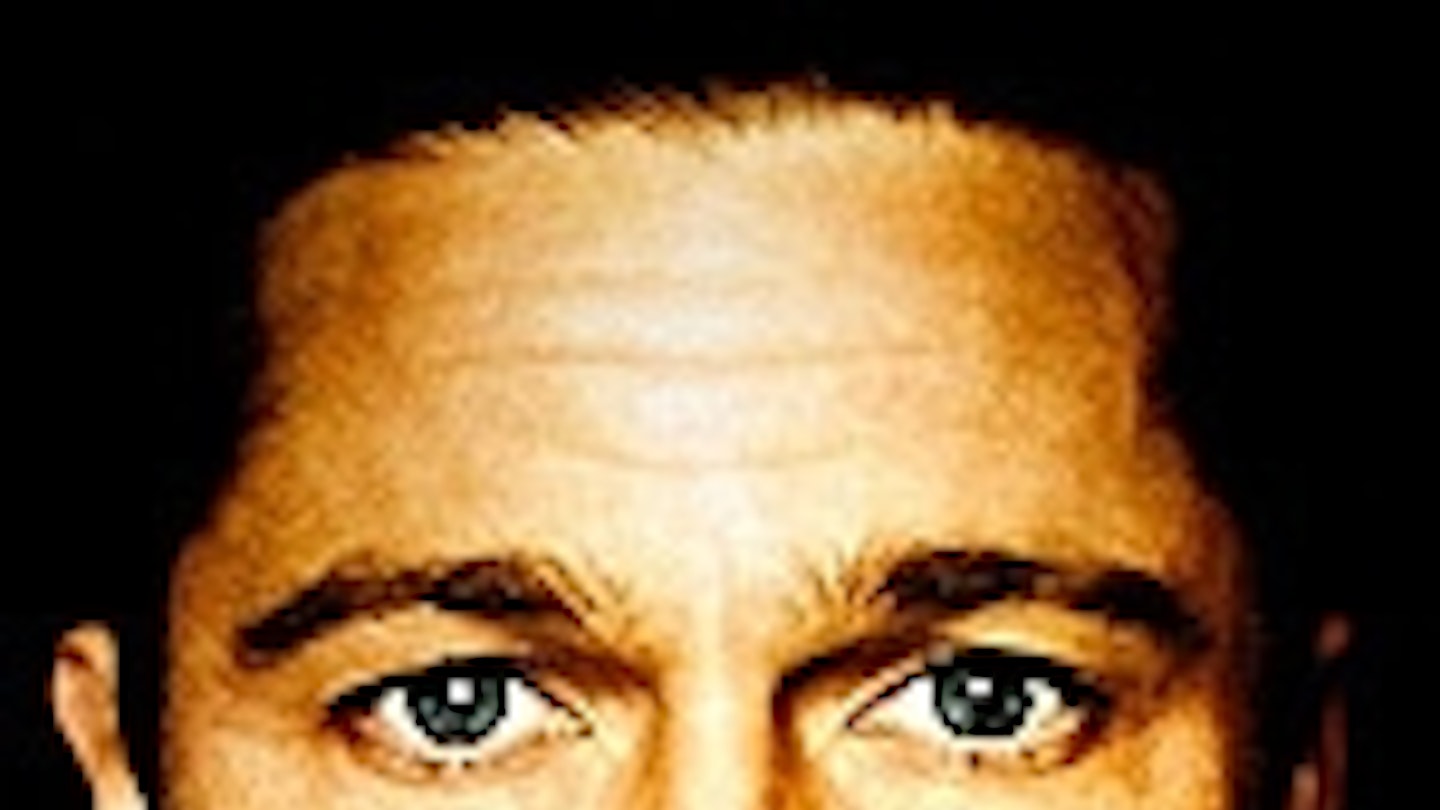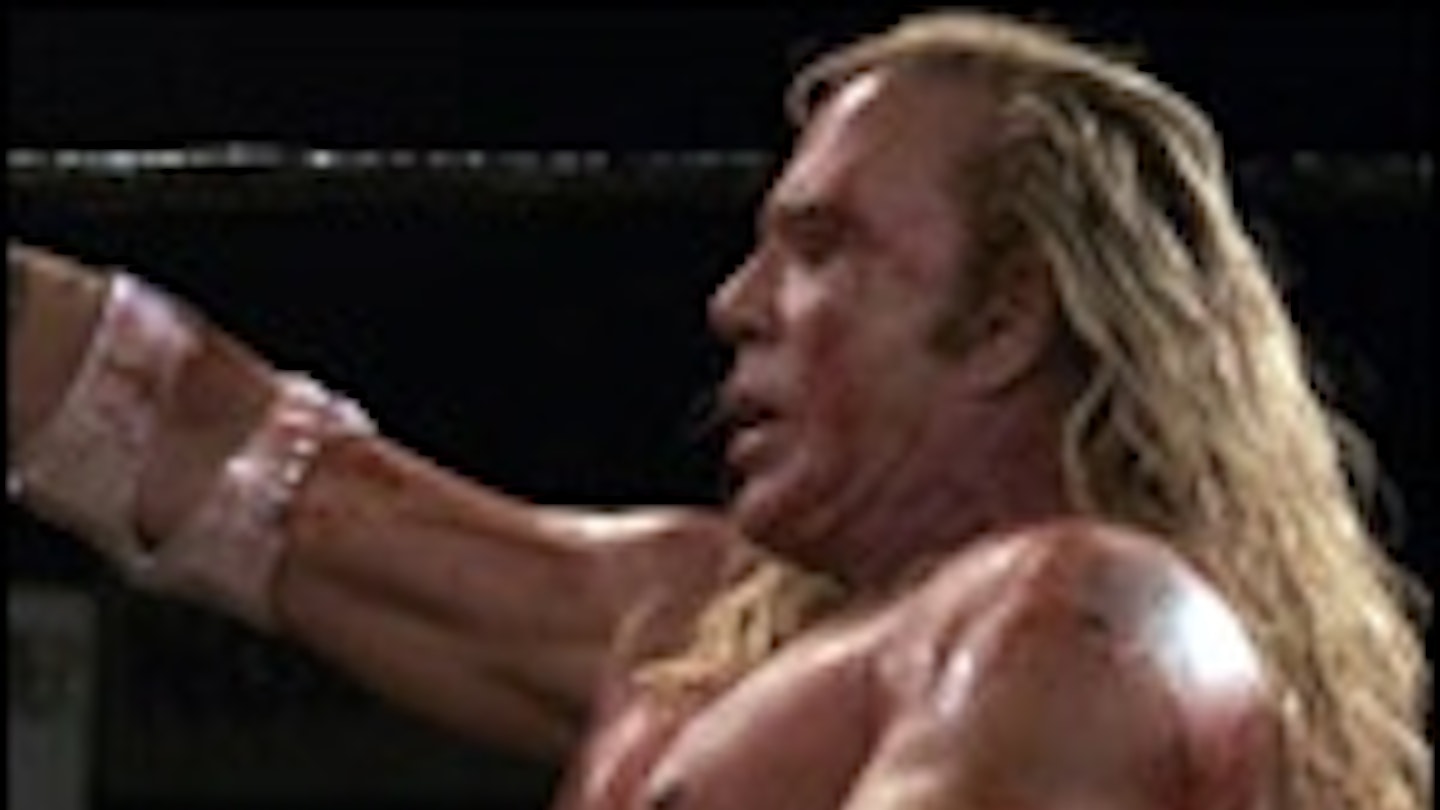Professional wrestling, as everybody older than eight knows, is fake. It’s an inherently ridiculous activity: there’s no genuine competitive drive, the costumes are camp, glam-rock frightmares, the participants grunting behemoths who pretend to hit each other. It’s panto with added violence. It doesn’t even pretend to be a sport anymore: the phrase is ‘sports entertainment’. So how has Darren Aronofsky, perhaps looking for a change of pace after the compound tribulation that was The Fountain, drawn from this spangly milieu such a powerful, affecting drama? And how has his leading man, Mickey Rourke, finally thrown down a performance that could well mark a bona fide comeback, maybe even earn him an Oscar nomination? What do they think this is? A boxing movie?
Well, it isn’t quite a ‘wrestling’ movie, at least not in the sense of the antique B-genre that became a ripe gag in the Coen brothers’ Barton Fink. Instead, perhaps encouraged by Rourke’s own real-life boxing experience, we detect parallels between The Wrestler and those pugilistic pictures that please crowds and win awards — the hard-hitting sense of post-glory decline suggests De Niro’s Jake LaMotta in Raging Bull, while The Wrestler could also be described as a vastly improved version of the last Rocky movie in its portrayal of a likable schmo who’s both a flawed father and former champ, still trying to go the distance even though a very different kind of end is in sight.
Yet this is doing The Wrestler a gross injustice. Aronofsky, smart man that he is, realises that the dismissals of professional wrestling summed up above fail to recognise the artistry and athleticism of its participants. He also realises that such misconceptions about the profession make for excellent drama. Much like Barry Blaustein’s astonishing 2000 documentary Beyond The Mat (seek it out!), Aronofsky’s film contrasts the larger-than-life personalities in the ring — posturing gladiators who slam each other’s faces into the canvas, attack each other with staple-guns and hurl each other off ladders into plate glass — with the men behind the curtain: gentle, respectful, calmly talking with their opponents through each match’s ‘spots’ and plotting their way to the most satisfying outcome, before all pulling together for a group hug.
The ‘fake’ issue is swiftly dealt with. One wonderfully choreographed match reveals a familiar spot: while Ram, the blond-maned ‘face’ (good guy) is momentarily winded, his opponent, the ‘heel’, tears the padding off a corner and slams Ram’s face into the exposed post. There’s no real contact, but real blood is required. Thus, while the heel holds the crowd’s attention, a supposedly dazed Ram teases a concealed razorblade from his wrist-tape and discreetly slices a fine gash across his forehead. Rising up from the canvas, he wipes the blood over his face to finish the bout with a crimson battlemask. When Ram later unwinds with a private dance from his favourite stripper, Cassidy (Marisa Tomei), she spots the re-opening wound. “I thought wrestling was fake!” she gasps.
So, despite the bogus competitiveness, pro-wrestling takes a heavy toll on its participants — and certainly on Randy ‘The Ram’ Robinson. Just a few minutes tailing him, as Aronofsky does with a shaky, documentary-style hand-held that shifts from the glossy glides of Requiem For A Dream or The Fountain, it’s obvious that beneath those sculpted muscles tremble aching bones. Hunched, spent, half-deaf, every breath a laboured gasp, Rourke renders Randy as a man struggling to move his own considerable bulk around, psychological baggage and all. Steroids keep the physique piled on, but it’s willpower that propels the whole machine from match to match, whether it be a school-gym pick-up bout or cable-televised hardcore brawl.
Come the inevitable cardiac arrest, it’s payback time for more than two decades of intense physical self-abuse. And for what? A collage of wrestling mag cuts celebrating his golden age — when The Ram regularly traded blows with classic heel The Ayatollah (Ernest ‘The Cat’ Miller) — a scuffed Randy ‘The Ram’ action figure, a van he also calls home when he can’t make the rent for his New Jersey trailer, and a limp envelope of banknotes pressed into his palm after each bruising exertion. But such dubious assets concern him less than having the whoop of a crowd echoing in his ears as he rolls out his dive-from-the-top-rope trademark, The Ram Jam.
Here pounds the heart of Aronofsky’s movie: what do you do when your body won’t let you do the only thing you know how to do, and when your entire identity is wrapped up in the career that you have to abandon? When The Ram takes a job on a supermarket deli counter, he’s distressed to find his name-badge reads ‘Robin’, his real name. “But my name’s Randy,” he mournfully mumbles.
Cassidy follows the same theme when she finds her fortysomething frame losing its curvy appeal for younger patrons — although, given she’s fleshed by the excellent Marisa Tomei, who’d raised eyebrows with her extended nude scenes in last year’s Before The Devil Knows You’re Dead (let’s just say she’s in good shape), this is the only point at which Aronofsky comes close to jostling the film’s sturdy realism.
Plot-wise, The Wrestler isn’t desperately original, and beneath all the blood, sweat and spandex lies a conventional drama, as easily applicable to the tale of an ex-con or a retired soldier as it is to an over-the-hill athlete. So we have last shots at redemption, attempts at familial reconciliation (Evan Rachel Wood essaying Randy’s Gothy daughter), the obligatory stab at ‘going straight’, and the ‘one, final job’.
Fortunately, Aronofsky is an unconventional enough filmmaker to skirt predictability, and accomplished enough to tame the notoriously difficult Mickey Rourke, directing him to the performance of his career. Given lines like, “I ain’t as pretty as I used to be,” it’s tempting to see this as the easiest performance of Rourke’s life, but that’s a mite uncharitable. Rourke clearly did a lot of training, all his own stunts, and is utterly convincing inside the ring. Aided by Aronofsky’s intimate approach, he ensures that Randy is a likable chump, whether he’s straining to understand a trailer-park kid’s breathless précis of Call Of Duty 4 or lamenting with Cassidy the death of proper ’80s rock, when “that pussy Cobain came along and ruined it all”.
Both Aronofsky and Rourke bring us so close to the character, it’s hardly surprising the film’s been accused of sentimentality, but mawkishness never seeps in: it’s emotionally raw, with a climax that should draw tears. Yet it’s not exactly a pure downer. There are light touches aplenty, provided by the inherently absurd nature of sports entertainment (during one match an amputee offers The Ram his prosthetic leg to beat his opponent with) and the zings of the script itself: after his heart op, Randy asks the doctor how it’s looking. “Better than before the bypass,” comes the dry reply. Strangely, this is the closest thing yet we’ve come to an Aronofsky comedy — close enough to suggest it’s a genre he’d do well at, if he were so inclined.
